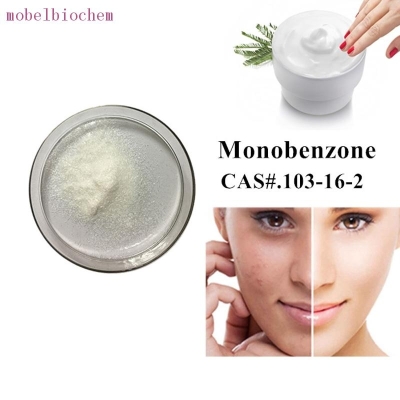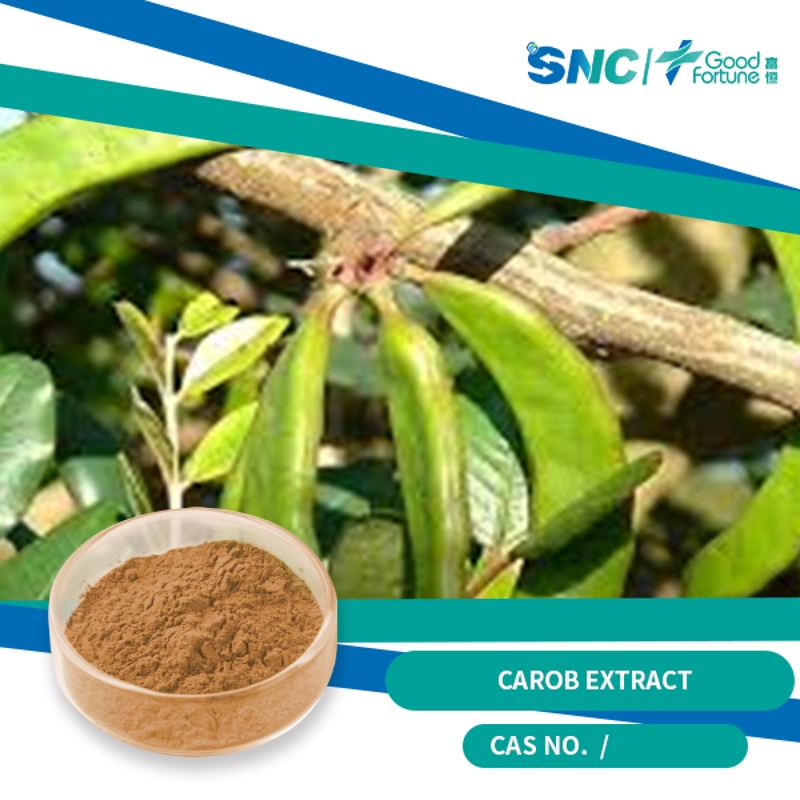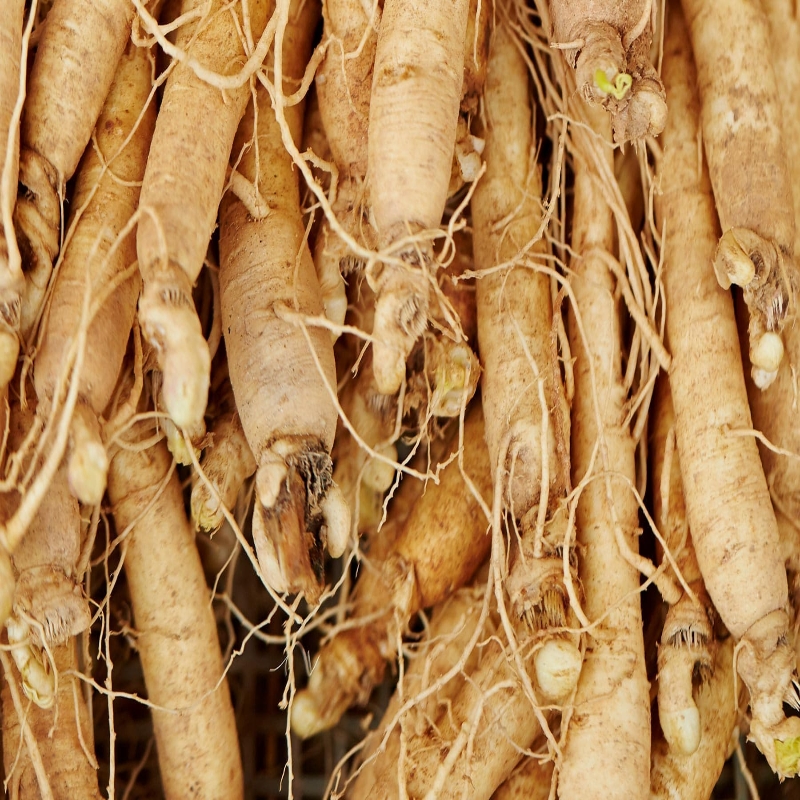Experimental study on the preventive and therapeutic effect of the extract from the hive on H22 hepatoma mice and its mechanism
-
Last Update: 2014-05-12
-
Source: Internet
-
Author: User
Search more information of high quality chemicals, good prices and reliable suppliers, visit
www.echemi.com
Recently, researchers from the Second Affiliated Hospital of Dalian Medical University published a paper to observe the anti-tumor effect of the extract of bee hive on H22 Tumor bearing mice and its effect on the survival period of ascites tumor mice, and to explore its anti-tumor mechanism The results showed that the extract of Melissa rosea had inhibitory effect on hepatoma cells, and the mechanism of its inhibitory effect might be related to the regulation of histone H1 and cyclin B1 This article was published in the 12th issue of the World Journal of integrated traditional and Western medicine in 2013 80 mice were randomly divided into two batches, 40 mice in each batch H22 hepatoma cells were inoculated into right armpit and abdominal cavity respectively to make solid tumor and ascites tumor models Each batch was randomly divided into four groups: saline control group, 5-FU group, high-dose group of bee hive extract (referred to as high-dose group of bee hive extract), low-dose group of bee hive extract (referred to as low-dose group of bee hive extract), 10 in each group In the solid tumor model group, the tumor was killed and weighed the next day, and the tumor inhibition rate was calculated The expression of histone H1 and CY Clin B1 was detected by immunohistochemistry The mice in ascites tumor model group were treated continuously for 14 days, the survival days of each group were recorded, and the life prolongation rate was calculated The growth inhibition rate of the high dose group was 38.06%, the expression of histone H1 was increased, while the expression of cyclin B1 was decreased, which was significantly different from that of the saline control group (P < 0.01) The survival time of mice with ascites tumor was prolonged.
This article is an English version of an article which is originally in the Chinese language on echemi.com and is provided for information purposes only.
This website makes no representation or warranty of any kind, either expressed or implied, as to the accuracy, completeness ownership or reliability of
the article or any translations thereof. If you have any concerns or complaints relating to the article, please send an email, providing a detailed
description of the concern or complaint, to
service@echemi.com. A staff member will contact you within 5 working days. Once verified, infringing content
will be removed immediately.







